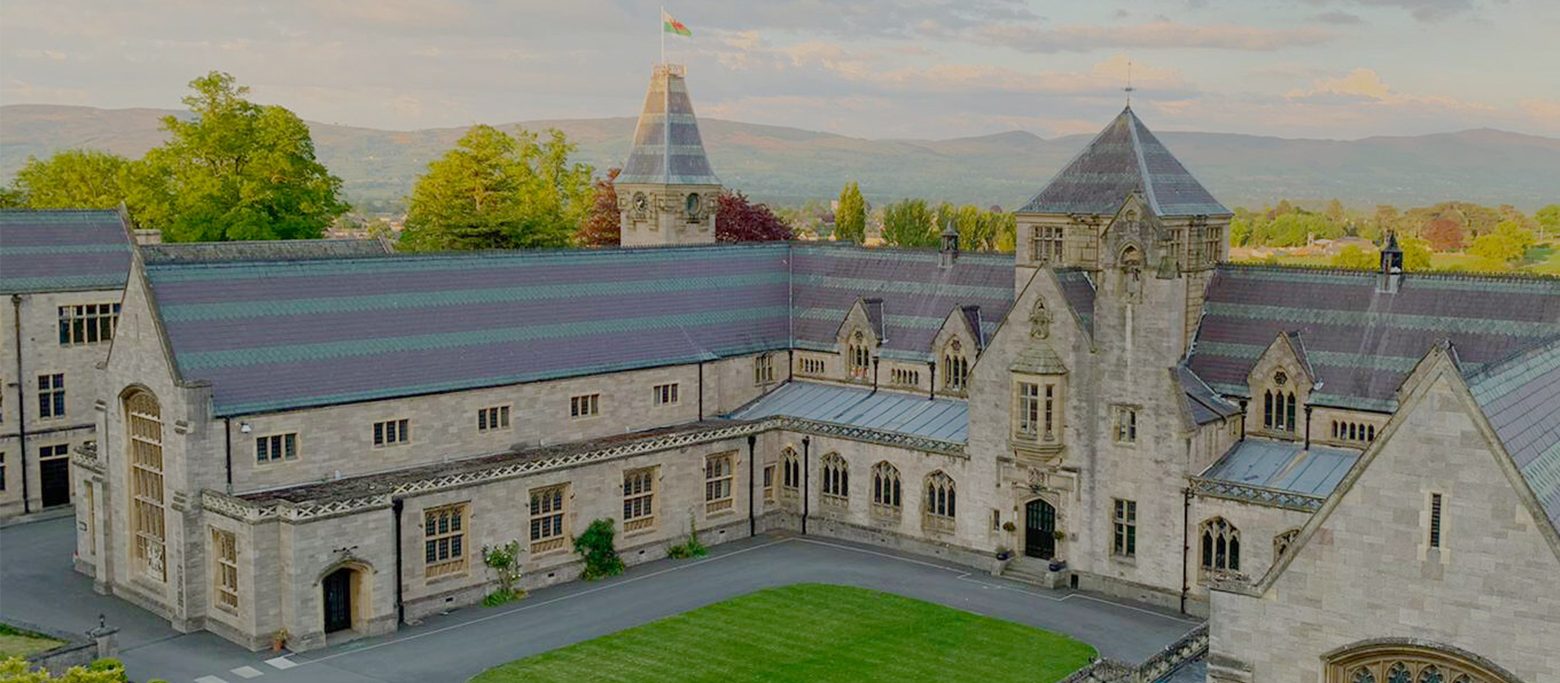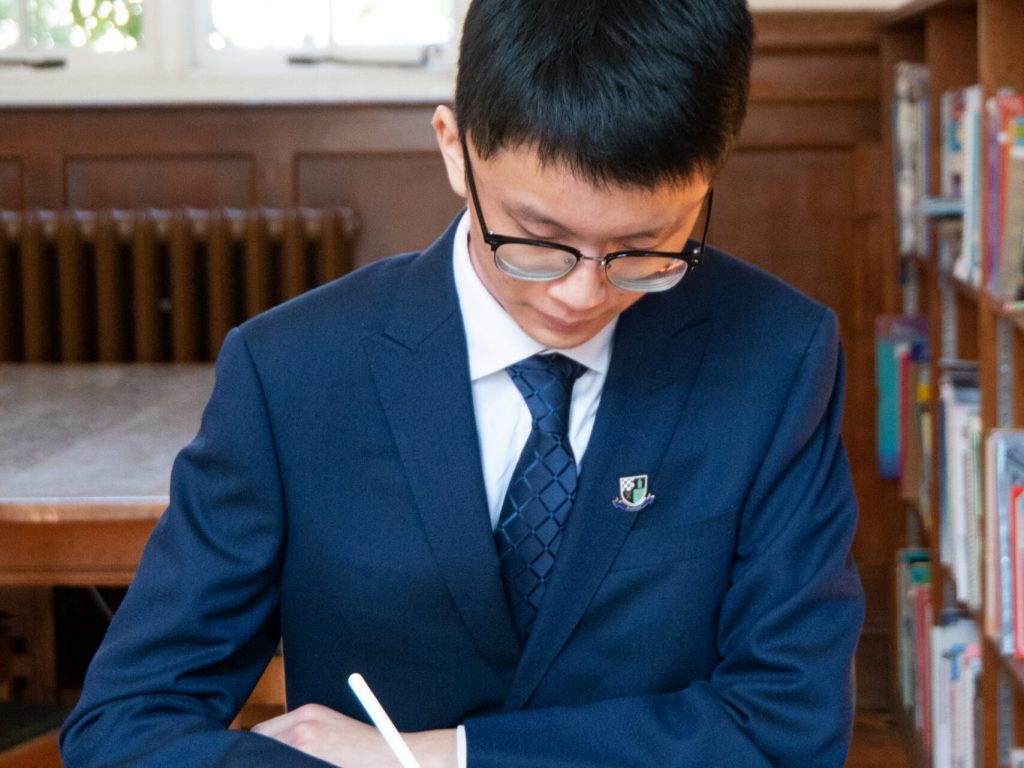by Ian Lloyd
If there is just one positive to be taken from the uncertain educational landscape as a result of the Coronavirus pandemic, then it must be the opportunity to hit the reset button and reimagine education. There is now an amazing opportunity to be bold and reconsider every aspect of teaching, learning and assessment, transforming education to meet the needs of today and tomorrow’s young people, helping them to become the researchers, employees, employers and leaders of the future.
The first step of education transformation is to identify what young people should learn and why. Ask the employers and higher education institutions and they will tell you that they would prefer skills over knowledge. Knowledge is available within milliseconds by using a carefully crafted query submitted to a search engine. It used to be said that ‘knowledge is power’, I would contend that knowledge is common to all, but how to find, validate, interpret, apply, analyse, synthesise, evaluate and, perhaps most importantly, construct new meaning and understanding from what we already know, is far more important. According to ITL Research, SRI and Microsoft Partners in Learning, employers and universities value skills such as effective communication, collaboration, knowledge construction, use of ICT, self-regulation and real-world problem solving and innovation – the 21st Century learning skills.
Why does there continue to be a traditional ‘one size fits all’ approach to education? It is archaic and harks back to the 19thCentury process of churning out ‘factory ready’ employees, with enough knowledge to get by. Is that what we want for our children? Are all young people the same? I, for one, want to unlock the potential in each and every one of my students and I recognise that this process is one of continuous, incremental development. To achieve this requires a personalised approach to learning; for each child, identifying different obstacles and challenges that prevent them from progressing to their next step in learning and providing them with strategies to overcome them.
This is where actively teaching and modelling critical thinking skills becomes increasingly important. The adage comparing giving a man a fish and teaching him to fish has never been truer. Simply removing the obstacles teaches the student that someone else will sort out the problems and issues they face, both now and in the future. Equipping students with a toolkit of strategies to learn to overcome challenges and obstacles for themselves, promotes resilience, problem-solving and innovation skills that are highly prized once the classroom is far behind them. The craft of the teacher then becomes selecting problems and challenges specific to each child that promote and develop these skills in a physically and emotionally safe environment.
My school, Myddelton College, is a Microsoft Showcase School and in addition to embedding the 21st Century Learning Design pedagogy and Education Transformation Framework, the innovative and sector-leading Learning through the Outdoors programme extends this learning and skills development beyond the classroom by explicitly introducing managed risk and developing resilience, social-emotional intelligence and citizenship. Students are being equipped with the tools they need to thrive in the modern and future workforce and shown how they are transferable across disciplines.
From individual students’ perspectives, the pandemic and multiple lockdowns have been first-hand experiences of the importance and relevance of scholarship, fellowship and resilience. The students who will thrive in the post-pandemic world are more likely to be those with skill sets historically overlooked and underdeveloped in the classroom.
Of course, this raises further questions regarding the existing qualifications system, are examinations fit for purpose and accurately measuring the skills now being sought after? I do not believe they are and will add my voice to the calls for this ‘once in a generation opportunity’ to reform exams system. Changing the system can only achieved by the will of politicians who have benefitted from the traditional educational approach and appear reluctant to re-engineer a system that has served them and their peers so well. Irrespective of whether there is the political appetite for such reform, it is educators who control what happens in our schools and classrooms on a day-to-day basis and this is where true educational transformation can begin.
Categories: Technology News




